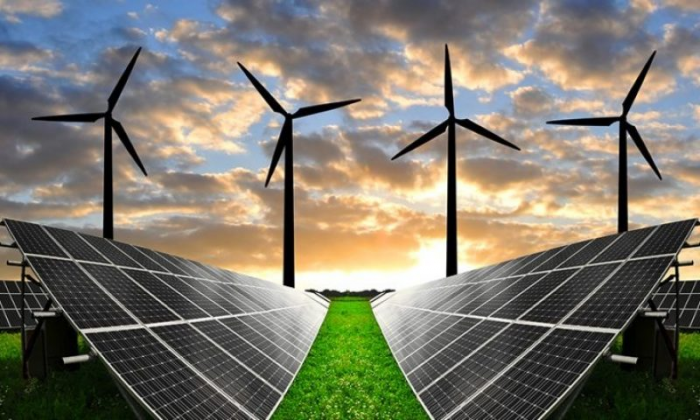Overview
Germany's goal is to generate at least 80% of its electricity from renewable sources by 2030. The country supports renewable energy through a variety of policies and programs, including: Renewable Energy Sources Act (EEG): The primary law that supports renewable energy. It sets out eligibility criteria and tariff levels. The EEG also includes a tenant electricity surcharge to support electricity produced and consumed in the same building. Tendering scheme: Most installations are supported through a tendering scheme that determines the market premium and its level. Financial incentives are provided for by different KfW Programmes. Grants and subsidies are provided by national programmes. Tax incentives include a zero VAT rate for solar PV and storage. These are complemented by non-financial support mechanisms such as training and certification and BAFA-supported energy audits.
Summary of support system
Financial Support Mechanisms:
Loans:
The Kreditanstalt für Wiederaufbau (KfW) offers low-interest loans for investments in renewable energies such as:
- "Renewable Energies – Standard" program which supports the construction, expansion, and acquisition of renewable energy systems, including the associated costs for planning, project management, and installation
- Klimaschutzoffensive für Unternehmen
Subsidies and grants:
National level:
- Federal Office for Economic Affairs and Export Control (BAFA) Programs: BAFA offers various grants to promote energy efficiency and the expansion of renewable energy. These programs contribute significantly to Germany's climate protection efforts by supporting projects that enhance energy efficiency and integrate renewable energy sources (example: INVEST – Zuschuss für Wagniskapital)
- NKI-Förderungen/Kommunalrichtlinie
At local level subsidies include:
- SolarPLUS
- Land Mecklenburg-Vorpommern
- Bürgerenergiefonds
Tax Incentives:
- Zero tax rate: no VAT is charged on the supply and installation of PV systems and associated electricity storage systems
- Income tax exemption: from 1 January 2025, income from the operation of photovoltaic systems up to a gross nominal output of 30 kilowatts (peak) per residential or commercial unit are tax-free
- Trade tax exemption
Non-Financial Support Mechanisms include
- Administrative & Capacity-Building Support
- Professional Training and Certification
- Industry-Specific Training
- Energie-Audits
Competent authorities
- BMWK
- Bundesnetzagentur or BNetzA
- BAFA
- KfW Development Bank
- Federal Ministry for the Environment, Nature Conservation and Nuclear Safety (Bundesministerium für Umwelt, Naturschutz und Reaktorsicherheit)
- Landesregulierungsbehörden

